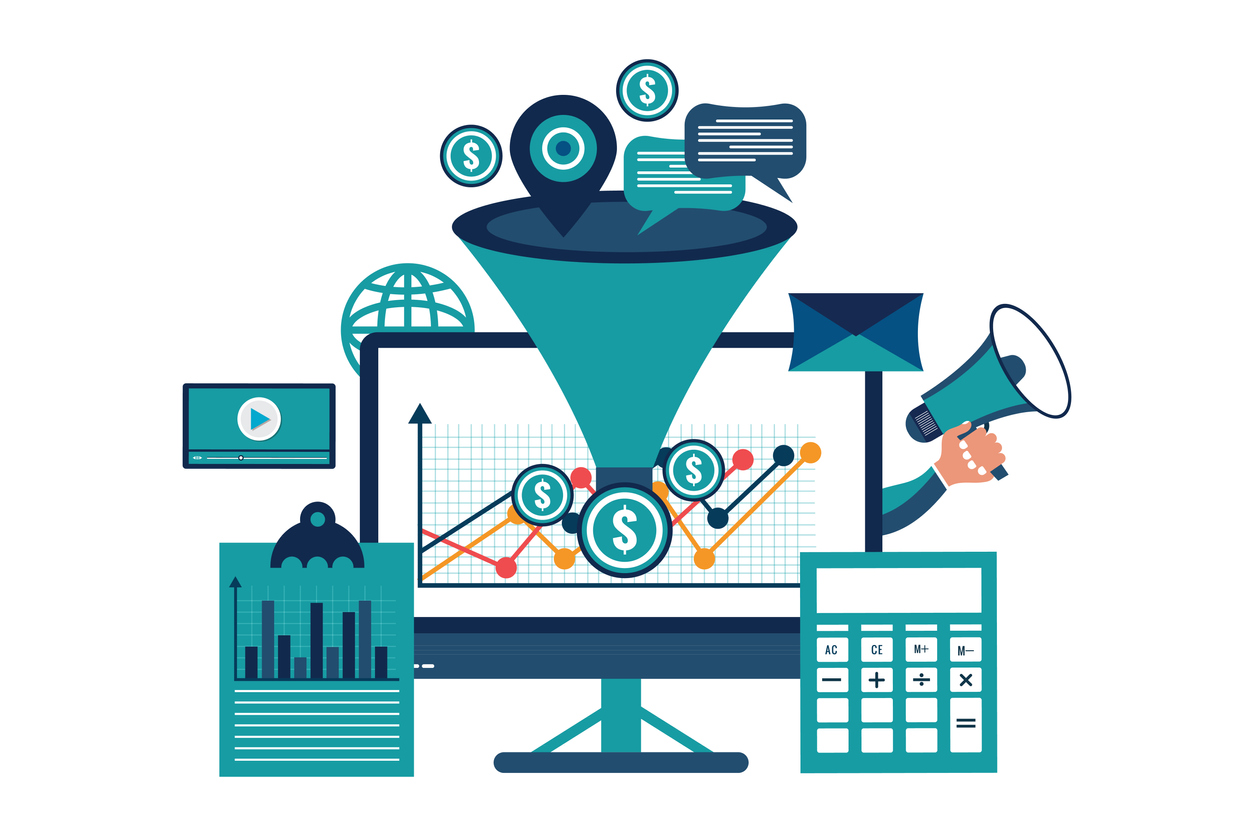Website Conversion Rate: A Key Metric for Online Success
In today’s digital age, a website serves as a virtual storefront for businesses, attracting potential customers and driving growth. However, merely having a website is not enough to guarantee success. To evaluate the effectiveness of your online presence, you need to measure key metrics, and one of the most important is the website conversion rate. In this blog post, we will explore what website conversion rate is, why it matters, and how you can improve it to maximize your online success.
Defining Website Conversion Rate:
Website conversion rate refers to the percentage of visitors who take a desired action on your website, such as making a purchase, filling out a form, subscribing to a newsletter, or downloading an ebook. It is a measure of how successful your website is at converting visitors into customers or leads. Conversion rate is typically calculated by dividing the number of conversions by the total number of website visitors and multiplying by 100 to express it as a percentage.
Importance of Website Conversion Rate:
Understanding and optimizing your website conversion rate is crucial for several reasons:
- Evaluating Effectiveness: Conversion rate provides insights into how well your website and marketing efforts are performing. It helps you identify areas of improvement and gauge the success of your campaigns.
- Maximizing Return on Investment (ROI): By improving your conversion rate, you can generate more leads or sales without increasing your marketing budget. A higher conversion rate means extracting more value from your existing website traffic.
- Enhancing User Experience: Analyzing conversion rate helps you understand the behavior and preferences of your visitors. This knowledge enables you to optimize your website’s user experience, making it more appealing and user-friendly.
- Setting Realistic Goals: Tracking conversion rate allows you to set achievable goals based on historical data. It provides a benchmark for performance and helps you make informed decisions regarding your marketing strategies.
Tips for Improving Website Conversion Rate:
Now that we understand the significance of website conversion rate, let’s explore some strategies to improve it:
- Clear and Compelling Call-to-Actions (CTAs): Use persuasive and action-oriented CTAs that guide visitors toward the desired action. Make them stand out visually and place them strategically on your website.
- Streamlined User Experience: Ensure your website is easy to navigate, loads quickly, and is mobile-friendly. Optimize your landing pages to provide a seamless user experience, removing any unnecessary distractions.
- Engaging and Relevant Content: Create high-quality content that aligns with your target audience’s needs and interests. Address their pain points, provide solutions, and establish yourself as an authoritative source.
- Trust and Credibility: Build trust by showcasing testimonials, reviews, case studies, and security badges. Provide clear contact information and privacy policies to reassure visitors about the legitimacy and security of their information.
- A/B Testing: Experiment with different website elements, such as headlines, images, colors, layouts, and CTAs, through A/B testing. Analyze the results to identify what resonates best with your audience.
- Analyze and Optimize: Regularly track and analyze your website’s performance using tools like Google Analytics. Identify bottlenecks, understand user behavior, and make data-driven decisions to optimize your conversion rate.
Website conversion rate is a critical metric that determines the effectiveness of your online presence. By measuring and optimizing this key performance indicator, you can enhance user experience, generate more leads, and increase sales. By implementing the strategies mentioned above, you can improve your website conversion rate and unlock the full potential of your online business. Remember, continuous monitoring, testing, and optimization are essential to staying ahead in the dynamic digital landscape.





